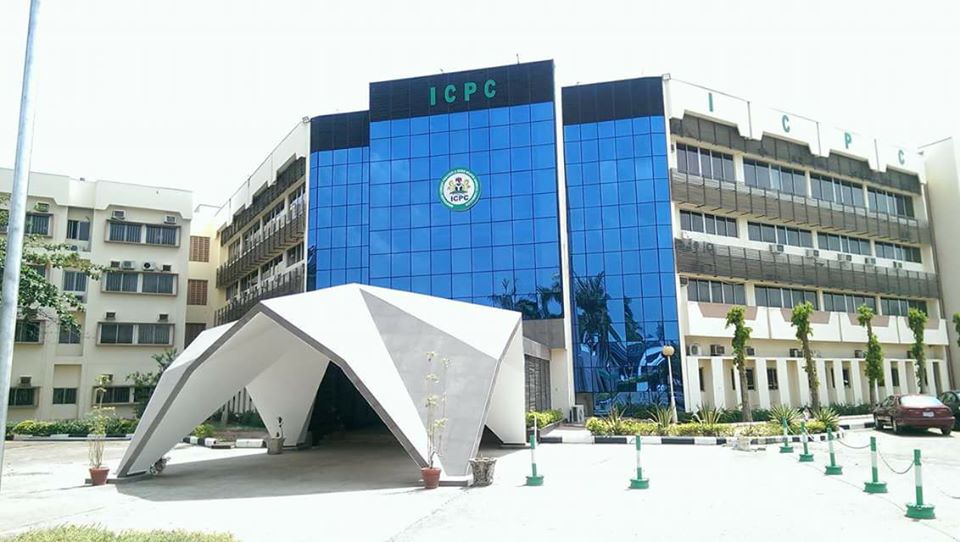This weekend, the 30th Assembly of Heads of States and Governments of the African Union (AU) will convene in Addis Ababa, Ethiopia to launch a new campaign with a single, important goal: to fight corruption across the continent. The session’s theme will focus on building a new, sustainable path to end corrupt practices and promote transparency throughout government, business, and civil society.
An economic paradox
Transformation is indeed what Africa needs at this time. A financial paradox exists where regional economic growth and development are matched by increasing socio-economic inequalities. The result is that while some African businesses are thriving, a majority of Africa’s population is living below the poverty line, as reported by the UN Human Development Index. While Africa is a land endowed with massive resources — human, natural and mineral — several of its states remain heavily dependent on development aid to meet the most basic needs of their citizens. A youthful continent, with about 65% of the population below age 35, high levels of illiteracy and unemployment still exist.
Election promises to fight corruption
Poor governance is a major driver of socio-economic inequality in Africa. Corruption in government continues to slow development while eroding trust and weakening the accountability of public institutions. Against this backdrop, it is not surprising that corruption has been very high on the agenda during recent presidential elections around the continent.
Many African candidates have been elected on the promise to fight corruption and govern differently. Last month’s election of George Weah as Liberia’s president is the most recent example. The same is true for the 2016 election of Nana Akufo-Adda, President of Ghana, who campaigned on strong messages of anti-corruption. Similarly, last year, South Africa’s ruling party, the African National Congress (ANC), lost its majority in major metropolitan municipal councils during local government elections, in part because it failed to adequately address corruption concerns from its citizens.
Anti-corruption commitments
In Africa, the fight against corruption is no longer only a matter of introducing legal and institutional frameworks. While the AU and its member states, along with the Regional Economic Communities (RECs), have adopted various legal and regulatory instruments and established institutions to combat corruption, there are still some countries where these are not yet adequate.
To date, the most notable continental instrument is the AU Convention on Preventing and Combatting Corruption (AUCPCC) adopted in 2003 and ratified by 38 countries. Other instruments include:
· African Charter on Democracy, Elections and Governance
· African Charter on the Values and Principles of Public Service and Administration
These charters are all aimed at fostering a culture of democracy and ensuring good governance and the rule of law to complement the AUCPCC. Established in 2006, the African Union Advisory Board on Corruption (AUABC) has a mandate to promote and encourage the adoption of measures and actions by states to prevent, detect, punish and eradicate corruption. The AUABC must also follow-up on these measures and submit regular reports on the progress made by each state.
Moving from statement to action
With several anti-corruption commitments and frameworks already in place, what would it take to win the fight against corruption in Africa? We recommend the AU and its member states consider the following four actions:
1. Enforce anti-corruption legal and regulatory instruments that have already been adopted.
2. Strengthen anti-corruption institutions and ensure that they are free from political interference.
3. Protect the independence of justice systems, which is the cornerstone of the rule of law.
4. Allow citizens and civil society to interact and organise without undue restrictions.
The vision for a prosperous Africa based on inclusive growth and sustainable development, as outlined in Agenda 2063 of the African Union, can only be successfully realised in an Africa where good governance, democratic values, respect for human rights, justice and the rule of law are entrenched.
This weekend presents an important moment for African leaders to kick off 2018 as the “African Anti-Corruption Year” and take action to ensure that this corrupt-free vision of Africa does not turn into a pipe dream.
By Samuel Kaninda
Copied from Voices for Transparency

